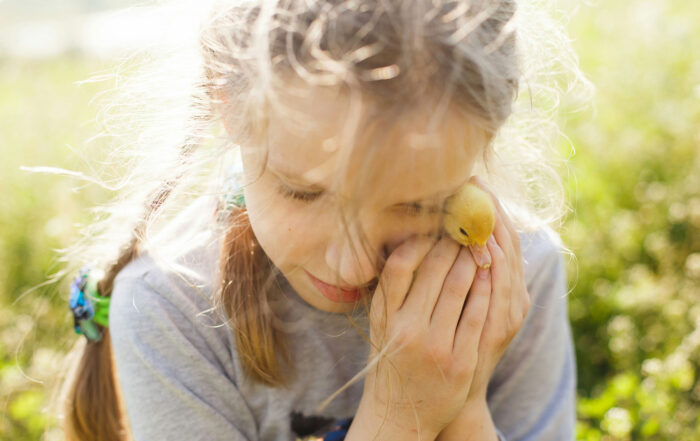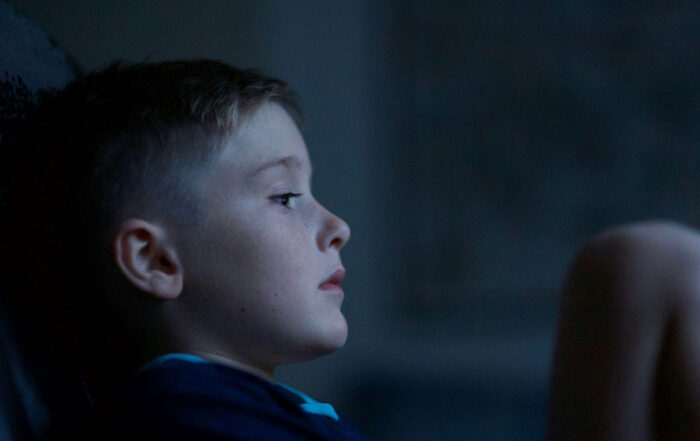
To identify core components of parent/caregiver integration into evidence based child trauma treatment models, specifically those parents/caregivers who have experienced trauma themselves. The Parent/Caregiver Trauma and Healing Coordinating Group (PCTHCG) of the National Child Traumatic Stress Network examined existing scholarly literature, gathered input from clinical experts and parent partners, and assessed child trauma treatments. Eleven core components were identified through pooled sources of the available literature, clinical and parent/caregiver partner expertise, and information from existing evidence-based child trauma treatment models. Core components identified: engagement of parent/caregiver, assessment, parenting, coregulation, attachment, relationship repair, support of parent/caregiver, emotional coaching, addressing parent/caregiver trauma history and symptoms, and parent/caregiver appraisal and meaning making. To further validate these core components, the PCTHCG invited child trauma treatment model developers (N = 11) to indicate the presence of these components in their models and describe how their models attend to parent/caregiver trauma.
Subsequently, a Core Components of Trauma Informed Child Treatment Models Related to Parent/Caregiver Trauma Grid (Core Components Grid) was developed. Despite general consensus that it is beneficial, few studies thoroughly explore the impact of parent/caregiver inclusion, specifically those who have experienced trauma, in their child’s trauma treatment. There is a significant need for future studies on the impact and mechanisms of parent/caregiver trauma and the integration into child trauma treatment. The Core Components Grid is intended to move the field forward toward a more structured examination of parent/caregivers who have experienced trauma and their inclusion in their child’s trauma treatment. (PsycInfo Database Record (c) 2020 APA, all rights reserved)
Share This Post!
What is post-traumatic stress disorder (PTSD)?
By The National Institute of Mental Health Post-traumatic stress disorder (PTSD) is a disorder that develops in some people who have experienced a shocking, scary, or dangerous event. It is natural [...]
InBrief: Early Childhood Mental Health
Published by The Center on the Developing Child, Harvard University The science of child development shows that the foundation for sound mental health is built early in life, as early experiences—which include [...]
At the Intersection of Autism and Trauma
By Lauren Gravitz Having autism can sometimes mean enduring a litany of traumatic events, starting from a young age. “We know that about 70 percent of kids with autism will have [...]
Post Traumatic Stress Disorder in Autistic People
By Dr Freya Rumball The risk of PTSD is higher for groups who are more likely to be exposed to traumatic events. Research indicates that autistic people may be more likely [...]
Afraid to sleep indoors: Child survivors of deadly quake left traumatized
By Zeena Saifi, Dalya Al Masri and Nadeen Ebrahim, CNN For victims in Syria, the earthquake is another crisis amid a devastating 12-year civil war. Children and families who were recovering from PTSD and ongoing trauma from [...]
How to Cope with Vicarious Trauma Caused by Videos of Police Brutality
By Jade Hindmon, NPR Many of us spent recent days thinking about the life of a man we never met. And yet, particularly for Black people, know very well. Tyre Nichols [...]







